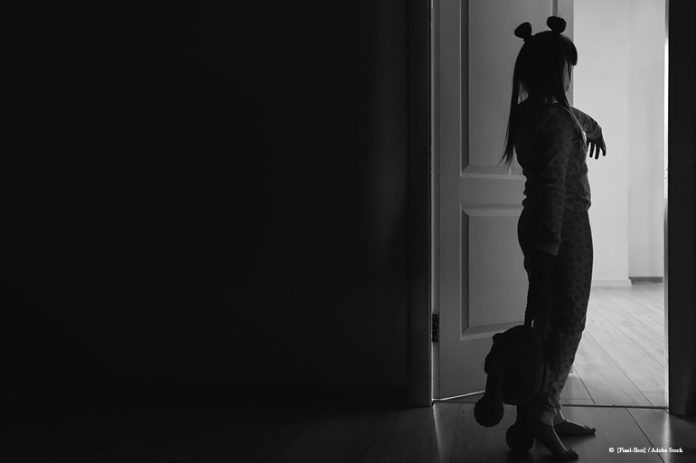Sleepwalking and sleep terrors in children may be an inherited trait, according to new research from Canada. The study, published in JAMA Pediatrics, found that the odds of having the two sleeping disorders increased based on the sleepwalking history of the parents.
“These findings point to a strong genetic influence on sleepwalking and, to a lesser degree, sleep terrors,” the authors wrote in the study.
Sleep terrors are characterized by screams, intense fear and inability to be consoled. The sleep disorder is different from nightmares in that the child is not wholly awake. And while nightmares generally happen during the middle or late portion of night, sleep terrors often occur early in the sleeping period.
Because sleepwalking is more common among children then adults, researchers led by Jacques Montplaisir, MD, PhD, FRCP, of the Sacre-Coeur Hospital in Montreal, designed their research to look at how common sleep terrors and sleepwalking are among kids. The research team also wanted to determine the links between the two sleep disorders and to see if they ran in families.
For the 1999 to 2011 study, the authors analyzed sleep data from a group of 1,940 children born in Quebec in 1997 and 1998. Participants ranged in age from 18 months to 13 years at the time of the study. Data was collected from their parents who responded to questionnaires about their kids’ sleep habits as well as their own.
Study results showed that children who had sleep terrors at 18 months to 3.5 years (34 percent) were more likely to begin sleepwalking at age 5 or older than children who did not experience sleep terrors (21.7 percent).
In addition, the researchers found that the children’s odds of sleepwalking increased if one or both parents were sleepwalkers. Only 23 percent of the kids developed the disorder if their parents didn’t sleepwalk, but 47 percent were sleepwalkers if one parent was a nocturnal wanderer. If both parents engaged in sleepwalking, the odds were 62 percent that their child would too.
“Not all sleepwalking is problematic,” first author Dominique Petit, a research assistant at the Centre for Advanced Research in Sleep Medicine at Sacre Coeur Hospital, told CTV News. “Very often you don’t need to do anything with sleepwalking. [But] in some rare cases there’s the potential for injury.”
For the most part, sleepwalkers can navigate around their households and even climb stairs or prepare and eat a snack and not remember doing it later. However, because the risk for injury exists, Petit recommends parents consider putting alarms on doors leading to the outside if they have sleepwalking children who tend to roam.
In the interest of safety, the study authors concluded that “parents who have been sleepwalkers in the past, particularly in cases where both parents have been sleepwalkers, can expect their children to sleepwalk and thus should prepare adequately.”








